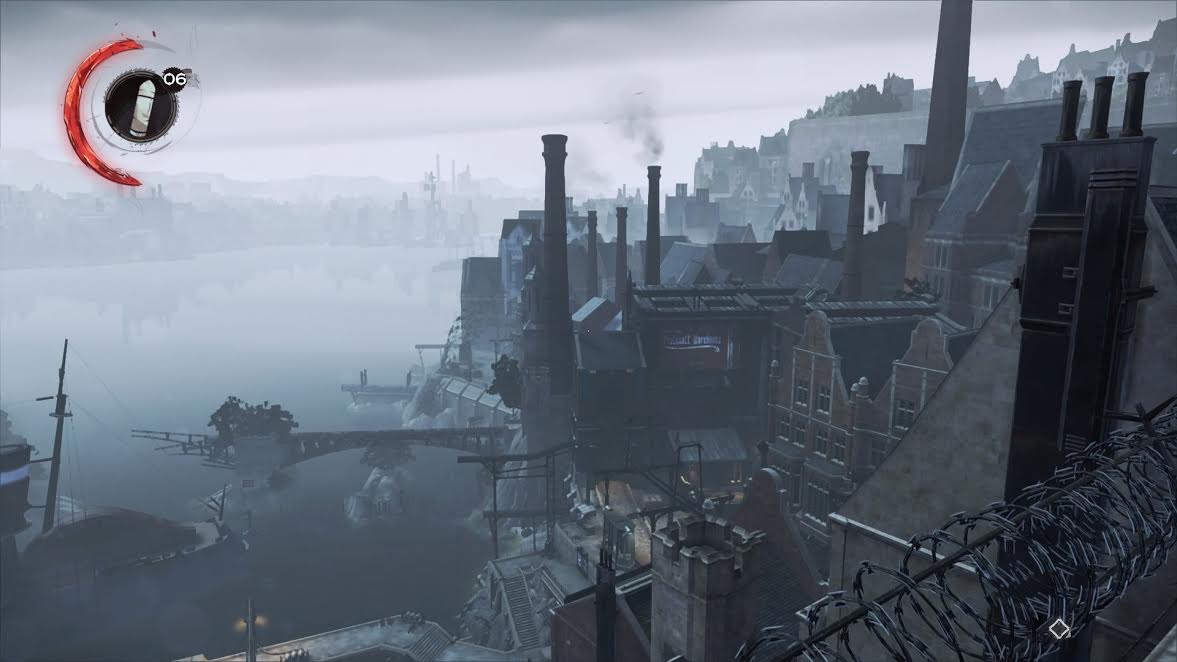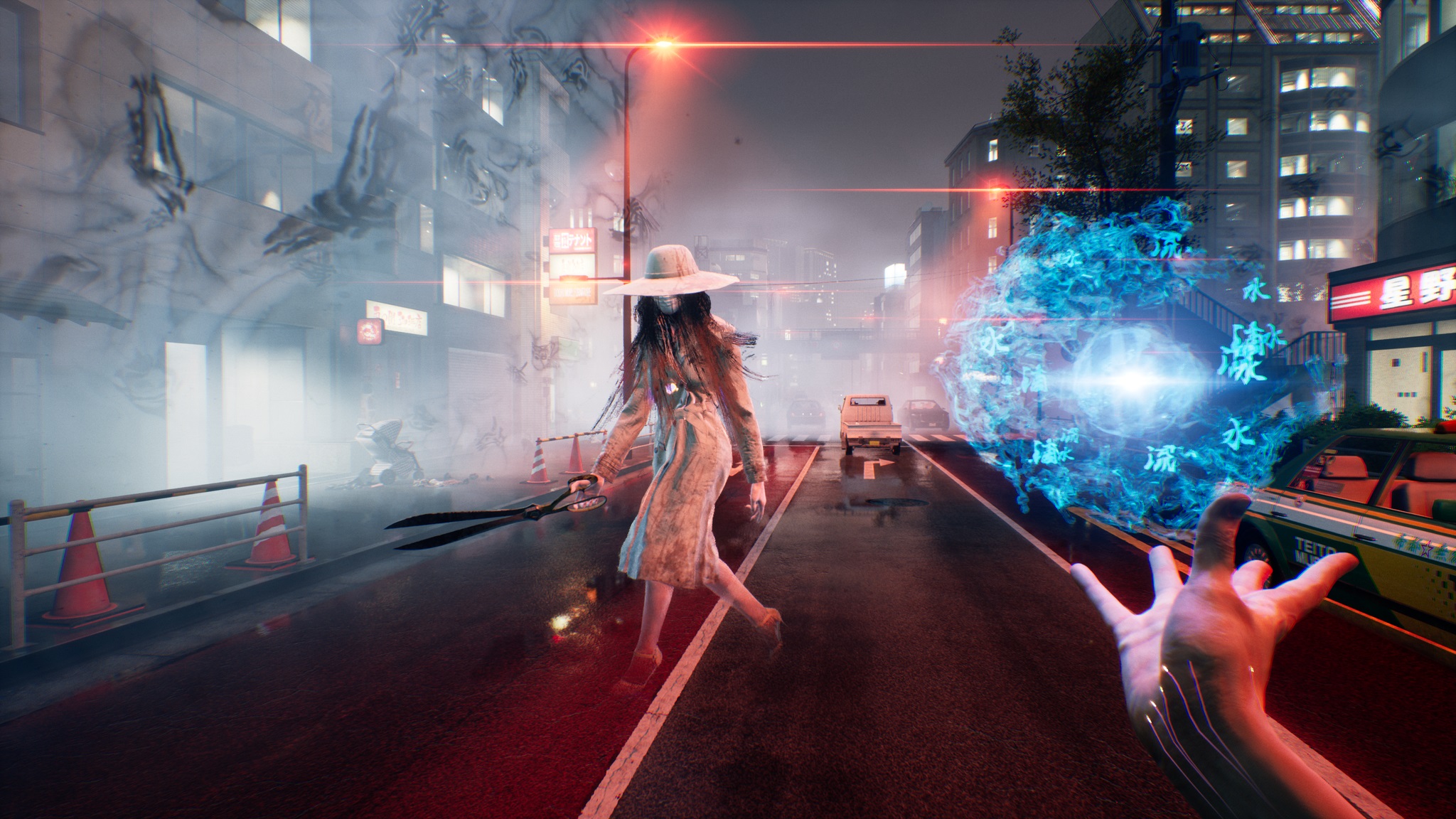
Great games that are critically well received don’t necessarily always sell well. If ever you need proof of that, just look at Bethesda’s track record as a publisher. You can point to a number of games in recent years that have been developed by Bethesda-owned studios that have been anywhere from great to legitimately amazing, but a startling number of them have failed to make any sort of a financial impact, for one reason or the other.
There have been exceptions, of course- there always are. Bethesda Game Studios, for the most part, seems immune to this curse, with Fallout and The Elder Scrolls consistently selling gangbusters- and it doesn’t look like that’s going to change anytime soon. Even Fallout 76, despite its horrendous start, is doing well for itself now, while Starfield looks set to be another massive game. Outside of BGS though, most other Bethesda-published titles have been commercial failures (to varying degrees).
That’s a streak that has been going on since the early years of the PS4 and Xbox One generation, and though the fault obviously lies with the publisher, it’s been morbidly fascinating to witness these commercial flops, because Bethesda has messed things up with all of them in different ways. After seeing decent initial success with the likes of The Evil Within, Dishonored, and Wolfenstein: The New Order, most subsequent Bethesda-published games haven’t enjoyed the sort of sales that they should have (with the exception of maybe RAGE 2 and Wolfenstein: Youngblood, which were both average at best and deserved their low sales).
In 2016, we had Dishonored 2- an absolutely incredible game that stands as an unmissable experience for fans of the stealth and immersive sim genres. Dishonored 2 was Arkane at its best, crafting a densely packed world that felt believable and alive, where the interacting systems and an emphasis on player choice would consistently combine to produce unforgettable and magical moments. And while it certainly sold more than most other Bethesda titles we’ll be looking at here, it ultimately underperformed.
The next year, standalone expansion Dishonored: Death of the Outsider launched, which was another great game in its own right, but barely seemed to register on anyone’s radar. Both games were victims of poor marketing- Death of the Outsider especially, which was barely even in the conversation on the day it came out. Given the critical reception Dishonored always enjoyed and how well-regarded the series was, even a cursory glance at Bethesda’s handling of the franchise will tell you that they completely dropped the ball where marketing its new releases was concerned.
And poor marketing was something that affected solid games developed by other Bethesda studios as well. Take The Evil Within 2, for instance, which is an excellent survival horror game that expanded on its predecessor in significant and meaningful ways. A survival horror title of that quality releasing days before Halloween and selling as poorly as The Evil Within 2 did is an absolute travesty. Between its announcement in June 2017 and its launch later that year in September, it saw next to no marketing. Now, thanks to the game’s poor commercial performance, there’s no telling what the future holds for the series- or if it even has a future.
Meanwhile, coming back to Arkane, other games developed by the studio haven’t been too much luckier either. In fact, 2017 itself saw another excellent Arkane game falling prey to unfortunate circumstances- and yes, we’re obviously talking about Prey, in case the painful pun wasn’t enough indication. That, too, was a game that suffered because of poor pre-launch marketing- but sadly, there were other issues that impacted it as well. At launch, Prey had several major technical issues, especially on PC, with several major outlets reserving plenty of criticism for the game on that front. Reception obviously turned around once those issues were sorted out, but that initial wave of underwhelming responses from critics combined with the aforementioned tepid marketing to once again make for poor sales.
Also in 2017, there was Wolfenstein 2: The New Colossus, an excellent first person shooter that had all the elements in place to build on the success of its predecessor and take the series to new heights. Critical reception was solid for the game upon launch- sales, sadly, were not. Wolfenstein 2 performed below expectations as well, and its release timing had to take a lot of blame for that. It came out on October 27, 2017. You know what else came out on the exact same day? Super Mario Odyssey. In the days leading up to that, the same month also saw the releases of games like Gran Turismo Sport, Forza Motorsport 7, Destiny 2, Middle-Earth: Shadow of War, and yes, Bethesda’s own The Evil Within 2. With so many massive games in proven selling franchises releasing in the span of a few days, releasing Wolfenstein 2 and The Evil Within 2 wasn’t exactly a bright idea on Bethesda’s part. Both of these, incidentally, are franchises whose future is looking murky at best right now, thanks to their recent commercial missteps.
In recent months, Bethesda has published Deathloop and Ghostwire: Tokyo, both on PS5 and PC. It’s still early days for both games, and sales figures haven’t been officially revealed for either, but early indications haven’t exactly inspired too much confidence, with both games having failed to chart with any regularity in sales charts across the world so far. Ghostwire: Tokyo, in fact, had a particularly disappointing debut in Japan, barely managing to sell over 10,000 units upon release. And ultimately, it wouldn’t be surprising if Bethesda were to come out and say that both these games had underperformed. While no stone was left unturned for Deathloop’s marketing, Ghostwire: Tokyo got the short end of the stick on that front, to say the very least. More importantly, both games are also console exclusives for a system that is notoriously hard for more people to get their hands on.
That said, even with Bethesda’s consistent track record of failing as a publisher on multiple fronts and inflicting unfairly low sales on legitimately great games- somehow, the future still looks bright. The reason for that is an obvious one, of course- for about a year now, Bethesda has been a Microsoft owned company, and all Bethesda studios have been first party Xbox studios.
Why does that matter? Well, presumably, Microsoft will be able to guide Bethesda in things such as marketing, which has been one of the biggest weaknesses for the company over the years, as we’ve discussed at length here. More importantly, however, every single game that Bethesda studios make from this point forward will launch day and date for Xbox Game Pass as well- that’s an instant boost to games right off the bat in terms of reach, word of mouth, player numbers, and in turn, success. Redfall is supposedly due out this year, and that may very well end up being Arkane’s first proper commercial success in a long time. When Deathloop and Ghostwire: Tokyo have seen out their PS5 exclusivity periods, they will likely see noticeable surges with Game Pass releases. And who knows- if Game Pass really does bring these studios success on a level that they just haven’t been able to enjoy in recent years, we may even get to see new instalments for the likes of Wolfenstein, The Evil Within, Prey, and Dishonored again.
One can always hope, right?
Note: The views expressed in this article are those of the author and do not necessarily represent the views of, and should not be attributed to, GamingBolt as an organization.
















